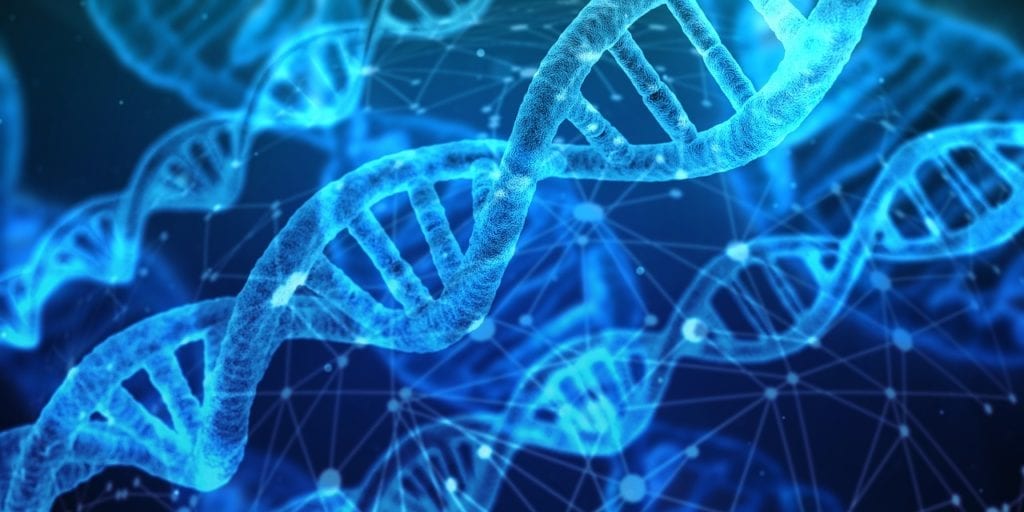According to a story from rdmag.com, researchers from the University of Toronto have discovered a critical mechanism that helps facilitate the normal DNA repair process. This mechanism could have implications in rare cancer research and treatment. A protein complex dubbed “Shieldin” blocks the broken ends of DNA and forces cancer cells to pursue alternative methods for repairing DNA damage. This fact helps certain cancer drugs, such as PARP inhibitors and platinum chemotherapy, to be effective.
PARP Inhibitors
PARP inhibitors are a unique type of cancer drug that is effective in treating certain types of cancer that rely heavily on poly ADP ribose polymerase (PARP) over normal cells. It is effective in cancers that are linked to mutations of the BRCA genes, which most commonly includes breast cancer and ovarian cancer. However, only a small percentage of breast and ovarian cancer cases are linked to these mutations. PARP inhibitors may also be approved for the treatment of BRCA associated prostate cancer as well. Platinum-based chemotherapy is also being used in a more targeted manner to exploit the weakness of DNA repair found in certain cancers.
About the Study
The findings from the study are expected to lead to the development of new tests to more closely monitor patients that are using these types of treatments for their cancer. This is because the researchers found that the introduction of a certain mutation to the Shieldin complex was all it took for ovarian cancer to take advantage of an alternative method of DNA repair. As a result, PARP inhibitors and platinum chemo were rendered useless. In the study, the researchers were able to use CRISPR technology in order to identify which mutations would allow cancer to develop resistance to PARP inhibitors and platinum chemo.
Future Implications for Treatment and Research
In some cases, PARP inhibitors can suddenly become less effective or stop working entirely, and scientists did not know how this happened; it may be mutations to the Shieldin complex that occur spontaneously. Future research will focus on finding definitive proof that such mutations occur in human patients. From there, methods for detecting these mutations in the clinical setting must be developed so that treatment resistance can be detected earlier.
Check out the abstract for this study here.






